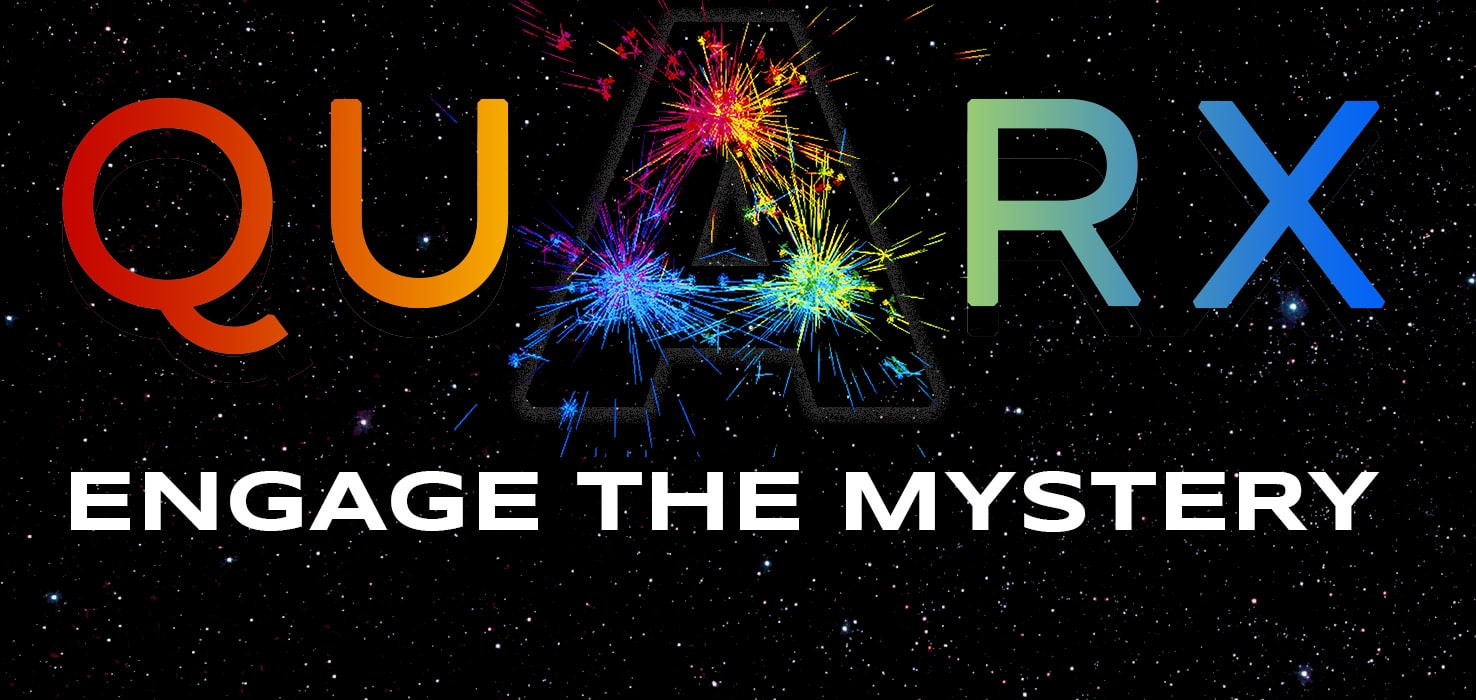“The downgrading of competent, functional governance is one of the reasons the coronavirus crisis is already proving to be deeper and longer lasting here than in other countries, meting out more physical and economic pain. In that light, we either learn the lessons this crisis is trying to teach us, or we will be increasingly and regularly punished for ignoring them. Here are four of what I believe are the most important lessons:
Markets fail: The cyclicality of the U.S. economy is well established. We have booms and busts characterized by peaks and troughs of varying heights and depths. Yet, as we’re seeing in real time, our policy regime consistently isn’t ready for moments like the present, and as a result, we’re constantly reinventing the “countercyclical” wheel.
True, the current recession hit us faster and harder than past versions, but it has long been clear that our creaky, state-driven unemployment insurance system isn’t up to the tasks we assign it. And well before this pandemic revealed deadly cracks in our health-care system, we’ve known that it leaves too many people behind, and that its ties to employment make it particularly ill-suited in recessions.
Moreover, contemporary market failures are amplified by two powerful forces: globalization and global warming. The former implies greater dependence on global supply chains which, again, as we’re learning in real time, requires some form of a plan B when the chains break. To be clear, the lesson is not global decoupling; it’s that we need some domestically sourced backup.
Regarding global warming, U.S. markets, built to discount future risks, have demonstrably failed to either build in protections against those 100-year weather events that come every year or accurately price the true costs of environmental degradation.
After the Great Depression, we built a lasting regime against market failure, but over the decades, a market fundamentalism mind-set has undermined and disinvested in that regime. A key lesson of the pandemic is that this must change.
Functional governance is not a socialist project; capitalism depends on it: As I write this, Congress is contemplating adding $300 billion to its small-business lending program, on top of the $350 billion the program burned through in two weeks, along with a $500 billion fund for corporations. A mere decade ago, the public sector also spent hundreds of billions bailing out the financial sector. In other words, the idea that the business sector is independent from the government sector is demonstrably false.
Today, it is essential to prevent cascading business failures, as we need an economy capable of bouncing back as the economic stoplight flips from red to yellow to — post-vaccine — green. But the broader lesson is that functional, amply funded governance that regulates the business sector isn’t a project of liberals or Democrats. It’s integral to the maintenance of capitalism.
WITT, not YOYO. For years now, the distinction between WITT (we’re in this together) and YOYO (you’re on your own) has been at the heart of our partisan politics. YOYOs argue for the supremacy of individual retirement accounts in the stock market versus Social Security; for the benefits of shopping for your own health coverage as opposed to single-payer. In YOYO world, the locus of risk-taking is on the individual; in WITT world, it’s shared with institutions like government, unions and employers.
The pandemic reveals the folly of YOYO. The stock market is far too volatile for individuals to gamble with their retirement security. Health care is a necessary public good. Both businesses and families depend on functional governance to absorb the risks of unforeseen shocks. On climate issues, YOYO is totally unsustainable.
The lesson: Given the challenges presented by the real world, risks must be pooled.
A politics that fails to distinguish between reality and perception is fatal. The final lesson is Trump-specific, though it’s not partisan. From his first day in office, when he lied about the crowd size at his inauguration, our president has plied a political formula that is as effective as it is dangerous. The formula depends on creating a reality built not on facts or even science, but on vilifying opponents, who are, variously, elites who think they’re smarter than you, nonwhites, other countries who are allegedly ripping us off (or making us sick), and the political opposition.
In this alleged reality, whether you actually govern well doesn’t matter. First, you create a world in which everything’s great, and second, when things do go wrong, it’s never your fault.
Or at least, it doesn’t matter until actual reality arrives in a way that’s impossible to deny. This is why the coronavirus could be so damaging to Trump, dealing him a blow that I predict is only starting to manifest in his falling approval ratings. Try as he might, he can’t manipulate this reality. The fact that he’s lost the economic wind at his back makes it even harder for him to do the two-step cited above: Things clearly aren’t fine, and some critical aspects of the crisis — his slow response, the lack of testing, failure to mobilize resources against the virus — clearly are his fault.
This last lesson is the most important because implementation of the other lessons depends on it. In a mere six and a half months, assuming democracy is still in play, the American electorate will have an opportunity to show whether these lessons have been learned.”

Recent Comments